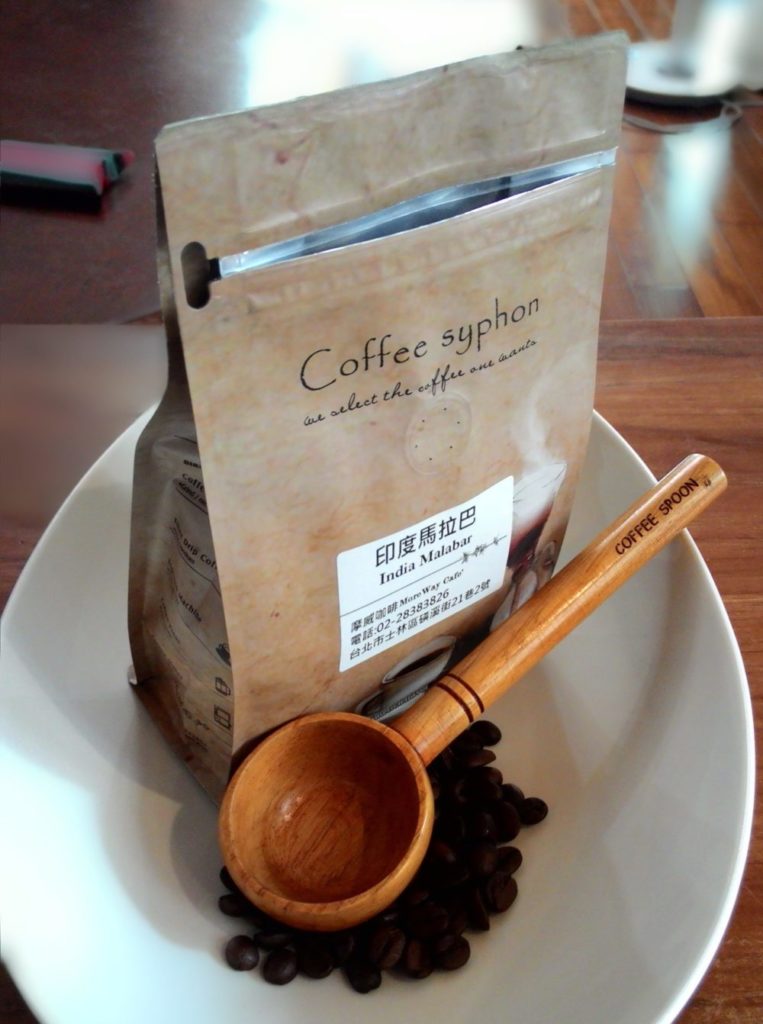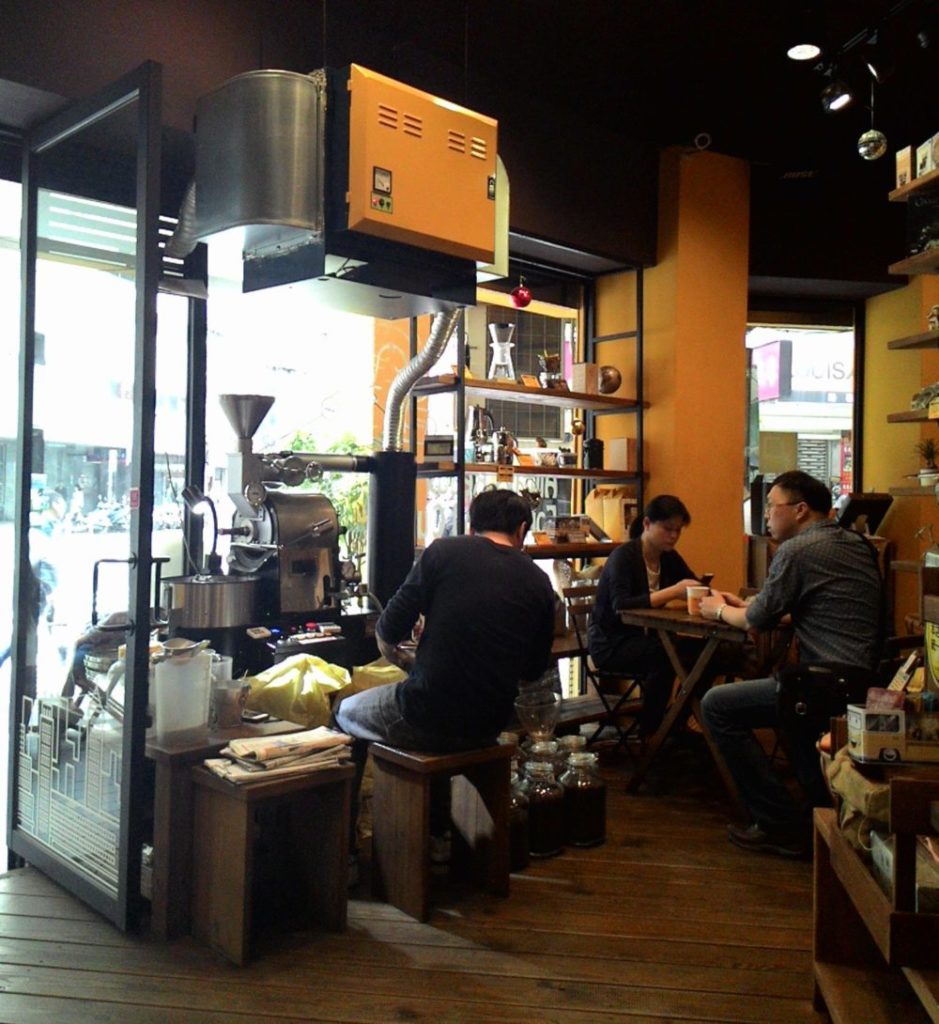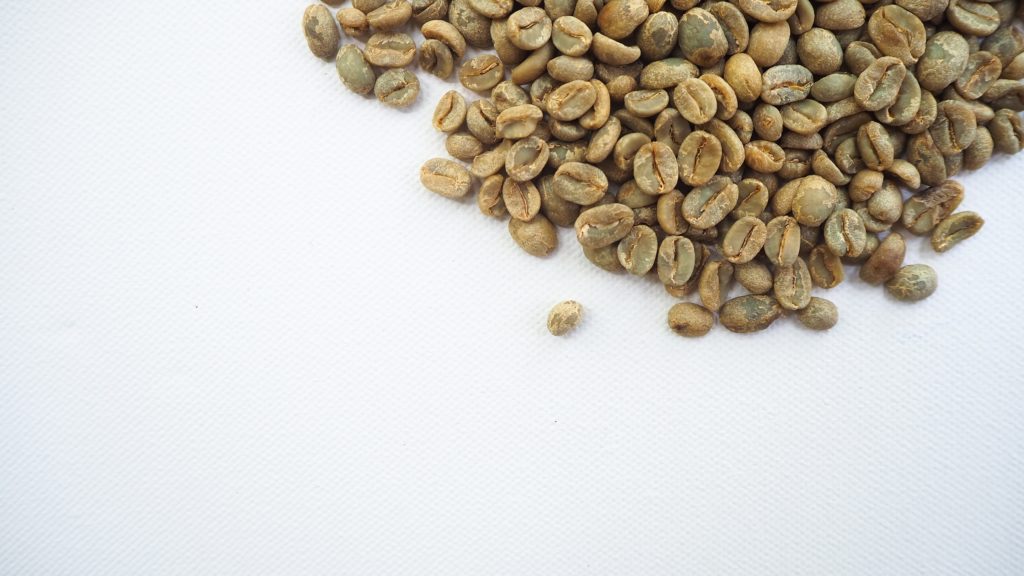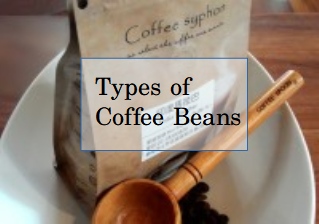If you love the freshest and best coffee in your cup, you need to buy the best coffee beans that you can. Nothing else will do! Right?

Just going to your local supermarket and buying coffee beans isn’t always enough if you’re wanting to buy the best coffee beans — in fact, you could be sabotaging your coffee when you buy some coffee brands.
So what are you going to do to make sure you are buying the best coffee beans?
Disclaimer: As an Amazon Associate, I earn commission from any qualifying purchases.
What will I learn about how to buy the best coffee beans?
- 1. When I buy the best coffee beans, should I only buy freshly roasted?
- 2. Which is the best? Arabica or Robusta?
- 3. Is single origin coffee or a multi-origin coffee blend better?
- 4. Free trade or Fair Trade?
- 5. What is the difference between regular coffee and organic coffee?
- 6. Is it better to buy whole bean or ground coffee?
- 7. What is the benefit of grinding your own coffee?
- 8. If you buy the best coffee beans, how can you tell if the coffee beans are still good?
1. When I buy the best coffee beans, should I only buy freshly roasted?
While coffee can be kept for several years with the proper storage, it is quite perishable once it is roasted. This is because roasting extracts the oils that give coffee its flavor, body and aroma.
To buy the best coffee beans, ensure that they are freshly roasted so you get the full bouquet and flavor of the finished product. The easiest way to get the best coffee beans is to find a store that roasts on a daily basis.
What type of roast makes the best coffee beans?
What type of roast do you prefer? Dark roasts such as Italian or French roast can be quite good but all too often large commercial manufacturers dark roast for purely financial reasons. Lighter roasts allow more of the flavor to emerge, particularly in the fruity, aromatic coffee beans from Africa.

Local roastery checking beans after roasting. (c)Kenneth Dickson 2020.
For the very best cup, be sure the beans are freshly roasted and don’t discount their appearance or their aroma.
Ask your knowledgeable barista if you want to buy the best coffee beans
An expert barista or coffee expert should tell you when the beans were roasted, where they are from and how the coffee will taste. Most shops will allow you to sample their fresh roasts if you’re not sure whether you would like it.
If you can’t find such a specialty shop and must depend on your local supermarket, you can still buy good beans. Avoid purchasing from bins that have beans that are broken, cracked or visibly impaired.
Bins should have a date on them that tells you when the roasting was done; pre-packaged bags of beans usually list the date on the bottom of the bag.
… or why not to buy pre-ground coffee!
Actually, most of this article presents arguments not to buy pre-ground or prepackaged coffee in the supermarket, or indeed anywhere. It’s similar to buying a car from a magazine or a pair of shoes on the Internet… You can’t always be sure what’s actually in the bag when you open it!
Should I buy green coffee beans?
If you are buying green coffee beans yourself to roast at home, pay as much attention to the quality of the beans as you can. Though green beans do keep longer than roasted beans, it’s important to make sure that they are stored well and aren’t discolored (due to molds or damp), damaged by poor handling or insufficient drying of the beans.
 Photo by (c) Coffee Geek on Unsplash
Photo by (c) Coffee Geek on Unsplash
Also, after roasting, you’ll notice that the weight of your coffee is less due to the removal of moisture from the green coffee beans. Roast Magazine’s article, “BAKED BEANS: Observations on Water Content During Coffee Roasting” by James Davison,” suggests weight loss of around 12.5%, about 80% of which is due to water loss.
If you purchase approximately 15% more green coffee beans, that should give you 1lb or 1kg of light roasted coffee beans. You should read much more about how to buy green coffee beans at Buying Green Coffee Beans.
2. Can I buy the best coffee beans? Are they Arabica or Robusta?
However, if you have tried Arabica Coffee Beans, you’ll know that they generally produce a smoother, lower caffeine, lower body, and (perhaps) a more refreshing coffee with more delicate flavors.
But its Robusta Coffee beans cousin has a higher coffee caffeine content, more pronounced ‘boldness’, and a better price. Some blends, such as the Brazilian coffee or Espresso even dare to mix the two beans.
3. Is single origin coffee or a multi-origin coffee blend better?
Is it single origin or blend? What’s the difference? Well, in short, single origin beans will come from a single locality and be mixed with other beans from the nearby farms.
Though the definition can be flexible because it could refer to a single farm, region or even country, the flavor of single origin coffee tends to be more defined and distinctive than the more multi-origin or ‘generic’ mixes.
For example, Ethiopia Yirgacheffe or Guatemala Fuego would be regional single-origin beans.
Multi-origin coffee is the latest buzz word for blends, though the choice of individual blends may be more carefully done than the larger brands would choose. Multi-origin coffee may even come from different continents as beans are matched for their qualities to produce a more balanced drink.
French Roast, for example, often incorporates beans from several origins, but since the roast is very dark, the flavor of the beans can be overpowered by the roasting flavors.
Good multi-origin coffee brands will detail the individual beans as well as why they complement each other. Look for hints on the packets labels or ingredients labels to find out the beans’ origins.
It’s really difficult to say whether buying single-origin beans equates means that you can buy the best coffee beans. In fact, many popular choices for coffee incorporate other beans to balance, add flavors, or tone down unpleasant overtones. A good coffee roasting company will be able to blend much more favorable mixes of coffee beans, so I’d encourage you to try both of these!
4. Which is better for coffee farmers? Free trade or Fair Trade?
Nowadays, many coffee drinkers put considerable effort into buying what are known as organic Fair Trade Coffee brands, as their attempt to find the best coffee bean. The concept is that by buying Fair Trade Beans, you will end up putting more money into the hands of the farmers than via conventional free trade.
It’s an attractive idea to know that the coffee your sipping has not only made a great drink, but that you have done your part to improve the lot of coffee growers!
Though wrapped up in issues of social justice, the results of the first Fair Trade coffees were less than spectacular as the coffees that were initially sold in European countries just did not match the regular quality standards, both in terms of packaging and product quality.
This may have been the result of the inexperience of organizations, like Oxfam, in procuring, preparing and selling coffee-related products. (Personally, I wanted to like Fair Trade Coffee in the 90’s… but couldn’t.)
In 2000’s many well-known coffee companies in Europe started to purchase and sell much higher quality Fair Trade Coffees. With higher quality blending and roasting, these brands have found far greater acceptance in the marketplace. The quality problems, even for me, have been solved to the benefit of Fair Trade Farmers everywhere.
5. What is the difference between regular coffee and organic coffee?
Coffee purists often reckon the best coffee bean is, in fact, organic. While the definition of organic isn’t precisely defined in law, some organic farming associations emphasize organic farming techniques, standards and abstinence from artificial pesticides, herbicides or fertilizers.
Brands of Fair Trade coffees are often (but not always) organic beans, so check that category when you’re shopping. In 2006, the organic crop was estimated at 1% of the full coffee crop. You’ll likely find prices higher, and you may not always find a wide selection of beans that are organic. But ask if you don’t see what you want.
6. Is it better to buy whole bean or ground coffee?
If you are buying ground coffee, you’ll find many choices of roast, bean type, organic and even Fair Trade that may qualify for ‘best coffee beans’. But you’ll need to take care of the ground coffee so that you can preserve the most flavor in your cup. Some general tips include
- Keep the coffee in an airtight canister to prevent flavor loss
- Put the ground coffee in the refrigerator (NOT the beans!)
- Don’t buy packs that are too big, or you will find that the even the best coffee bean tends to become tasteless as time goes by
- Try to use the coffee within about 2 weeks at the very most once opened
- Buying smaller packs is the best way to keep the freshest coffee
Do try different flavors of coffee, types of beans, and grades of roast as you experiment to find what flavors suit you!
7. What is the benefit of grinding your own coffee?
Of course, I much prefer to buy decent whole coffee beans and well-known coffee brands, and spend the time grinding them myself. This delivers a more satisfying flavor and much fresher, too. After all, that’s what this site is all about!
If you are grinding, remember:
- Don’t grind too much at once
- Don’t overgrind the beans or you’ll get coffee sludge
- Keep the beans in an airtight canister
- Match your grind with your brewing method
- Use a decent grinder to get the best quality grind
Once you’ve experimented with different coffee products, beans, roasts, and grinds, you’ll find that the days of the instant coffee jar are long gone! And all for the best, wouldn’t you say?
But your quest for the best coffee bean may not be over yet? Have you considered these…?
8. If you buy the best coffee beans, how can you tell if the coffee beans are still good?
If you are buying the best coffee beans that you can see – they are unbagged, or in clear containers, ask the barista or store owner if you can inspect a small sample of beans. You will be able to see the beans’ color, quality and condition with your own eyes:
Check for the following signs of bad quality:
- Broken, mashed or shreds of beans may indicate either over-roasting of the beans or poor storage. In either case, you won’t be getting the best out of these beans!
- Check for uneven roasting or discoloration of the roasted beans. In short, the beans should ‘look’ delicious and enticing. If they aren’t, put them back!
- You can also smell the beans in your hand: look for a roasted smell. If you smell stale beans, or there is no smell, then the beans will not make a decent cup of your favorite brew, for sure!
- You can even taste the beans if you want to. It’s not harmful, and the beans will release some of their flavor or aroma in your mouth. Of course, it won’t taste like a cup of coffee, but at least if it tastes bad, you’ll know!
- Also, check the size of the beans is similar (esp. if you think you are buying beans from one locale.
- Lastly, determine the roasting date. You don’t want beans that have lain about the store for months in the summer heat or that haven’t been stored properly! Each day that passes means that roasted beans lose a little more of the flavor that makes them so desirable!
Once you have experienced the smell, colors, feel and taste of the best coffee beans, you will know what to look for, and what to avoid in your choice of coffee beans!
Where can you buy the best coffee beans?
Still no luck? Then see some of the best whole coffee beans available, ask around, check out some gourmet coffee shops for advice, and keep looking! And don’t despair, we’ll help to guide you away from some of the worse mistakes, or at least we’ll try our damndest to help you buy the best coffee beans!
What are the different types of coffee beans, find out here!
![]()
